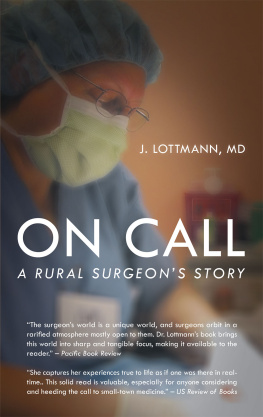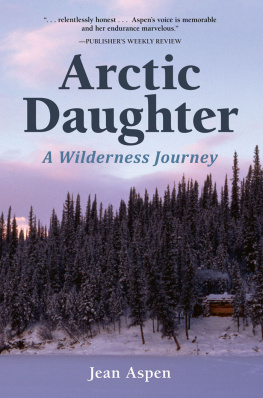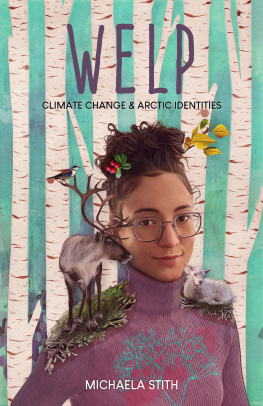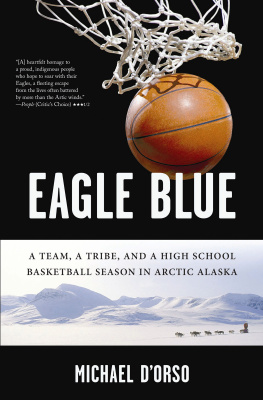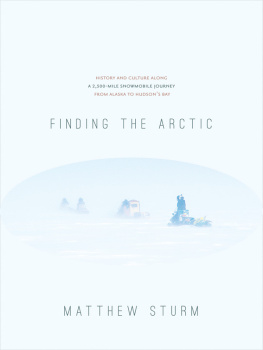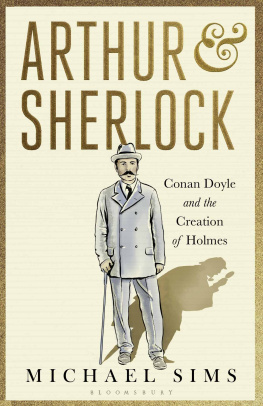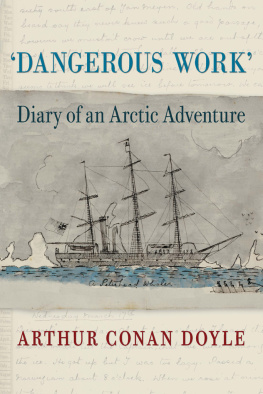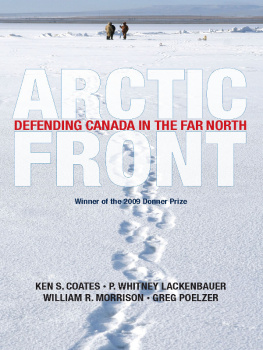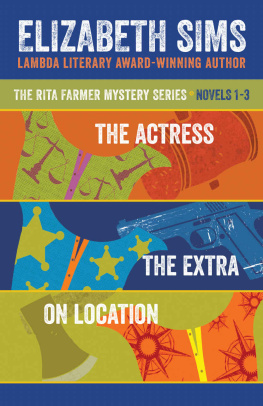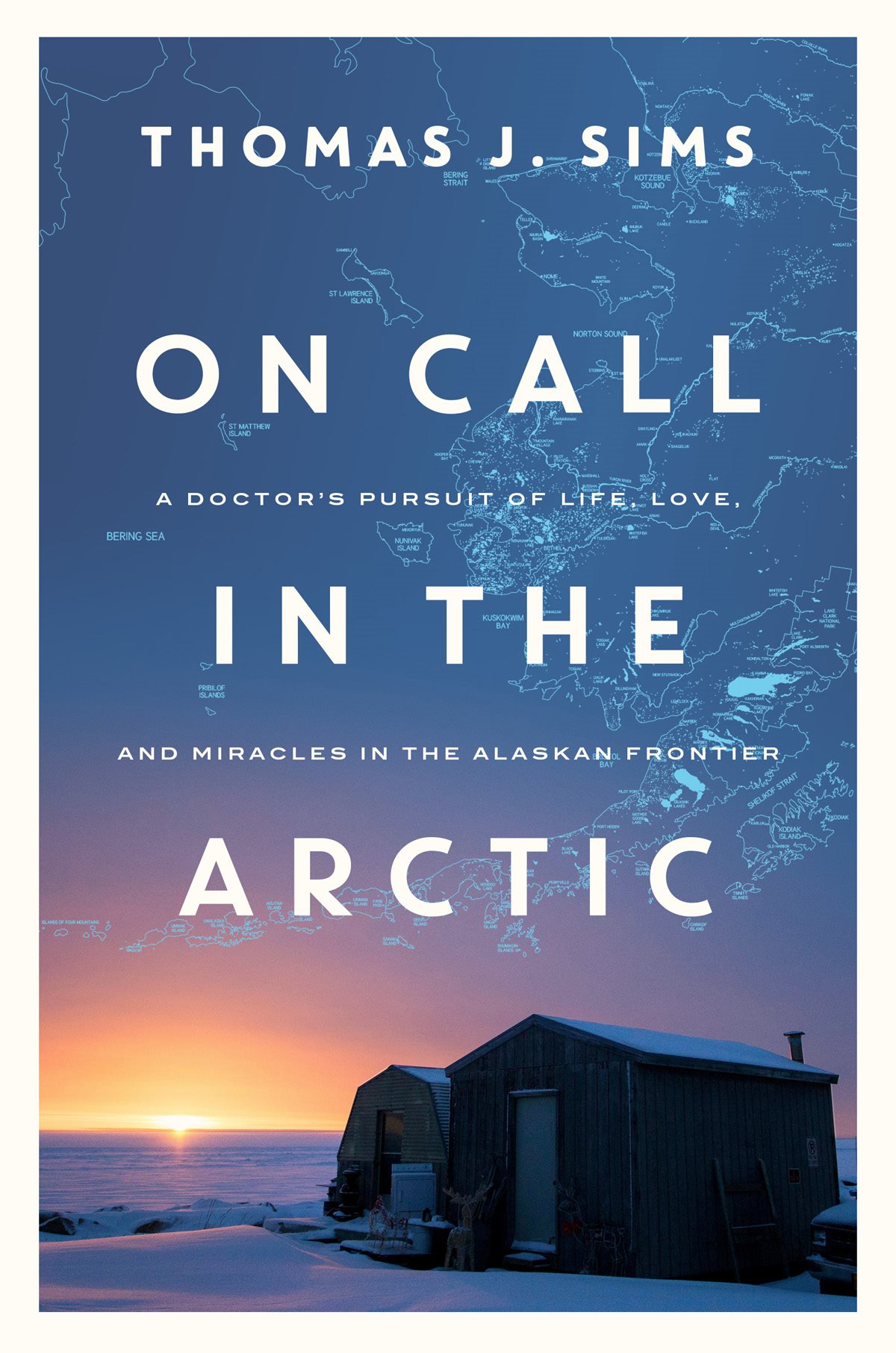Contents
Guide
Page List
To Pat, Chantelle and Adam who shared this adventure with me. And to the memory of Grama Flanagan who would love this book if she could read it now. I love you all.
CONTENTS
I decided to become a doctor on a Sunday afternoon. It was the day a family friend, a registered nurse, slipped the eartips of her stethoscope in my ears, its bell on her chest, and for the first time in my life I heard the sounds of a living human heart. I was mesmerized by the rhythmic beatsI counted seventy pulses a minute on my fingersand captivated by the notion of blood flowing through arteries and veins, giving life to every part of her body. I was ten years old at the time.
Life happened, and when it did, chances of achieving my dream of becoming a doctor seemed to slip away. I was born into a family burdened with addictions and had to accept that the best hope I could have for my life was to avoid the path taken by my parents and a brother. Yet, despite odds against it, and by the grace of God, I adapted. I successfully made it through college at a major university, medical school, and an internship to earn my degree.
At the age of twenty-six, on the cusp of launching my dream career as a pediatric surgeon, disaster struck. It was the late sixties and I fell victim to a Vietnam war nobody wanted. With a pregnant wife on the verge of delivery and a two-year-old daughter, I was pulled out of my medical training and buried in the remote, frozen wasteland of Arctic Alaska. There, as a physician with the US Public Health Service, I was left to provide a home for my family and perform feats of medicine and surgery far beyond my level of training or experience.
At first, I was paralyzed with fear. How could I practice medicine in ways I was never trained? How could I hope to be a good father or a good husband after dragging my family to a life so foreign to anything we had ever known? I wanted nothing more than to crawl into a hole and hide.
Necessity and commitment didnt allow me the luxury of slipping away. Overnight, I was forced to adjust to overwhelming need, archaic facilities, and an unbelievably harsh environment. I had to learn to be flexible when my training in conventional medicine failed me; to improvise when medical need demanded far more than I was emotionally and mentally equipped to deliver; and to stick with my instincts and persevere until problems and situations were brought under control.
Be flexible, improvise, and persevere. The actions were familiar; they were those same principles I used to adapt as a child. They would now be the ones that would guide me through these most demanding of times.
Although life and medical practice in the Arctic was severe and unpredictable, it was also filled with laughter and tears. And we adapted to the unforgiving living conditions, impossible medical situations, and perilous travel; Pat to make us a home and me to deliver frontier medicine and surgery far beyond what I ever believed myself capable. For it was never a question of whether or not we wanted to do it. It was a question of whether or not we could succeed.
T his is a memoir of my time in Alaska and the life lessons I learned during that adventure. The stories are based on a diary and recorded tapes I kept at the time and are my interpretation of our life and experiences there. In some cases, I have taken literary license by changing names and certain identifying descriptions (such as gender, age, places of residence, family relationships and diagnoses) to preserve anonymity. Reference or similarity to any real persons, either living or deceased, depicted in this memoir or as the result of any changes made is unintentional and purely coincidental. Specifically, no harm is intentionally directed at anyone.
Several phrases and words used in Alaska are specific to life in the far north and frequently differ from those used to indicate the same meaning in the continental United States. For example, except for Hawaii, the remaining forth-eight states in our country outside of Alaska are commonly referred to as the Lower Forty-Eight and snow mobilessuch as Arctic Cats and Ski-Doosare snowmachines in Alaska. Muktuk is Eskimo food that consists of frozen whale skin and blubber and an Umiak is an Eskimo boat made of dried reindeer skin stretched across a frame of seasoned wood.
Throughout my memoir, I refer to the many lovely people we lived and worked with in the Arctic as Eskimo. Some may believe Inuit is a more appropriate term and denoting these people as Eskimo might be insensitive.
During our time in the Arctic the native population was known as Eskimo. That is how the people referred to themselves then and how they proudly refer to themselves today.
According to the University of Alaska in Fairbanks and the Alaska Native Language Center, most Alaskans prefer the term Eskimo because Inuit refers only to the Inupiat population of northern Alaska, the Inuit people of Canada, and the Kalaallit people of Greenland. It does not refer to people of Alaska as a whole. Even the word Inuit is not of Alaskan origin; it does not come from the Yupik languages of Alaska and Siberia where Eskimo people are believed to have originated.
I would never say, write, or imply anything insensitive or deprecating about Eskimo people, for they are the kindest, sweetest, gentlest people I have ever known.
ON CALL IN THE ARCTIC
T he first time I saw a kid die, he was staring straight into my eyes.
I didnt know the boy well, but that didnt matter. My remorse was so intense, my sadness so profound, I knew I could trade places with him at any moment and regret, not a second, the consequences of my decision. It wasnt that I was unfamiliar with death, for as a physician, Id dealt with it since the moment I made that first slice into my cadaver and inhaled my first whiff of formaldehyde. But I was his physicianhis doctorand watching him lie there, slipping away moment by moment, powerless to do anything for him, tore at my heart until my spirit felt as dead as his.
Even now, recalling that cold Arctic night, to think back on it, to talk about it, is like opening a crypt, seeing again images burned into my mind that time has failed to erase...
LATE NOVEMBER, 1971. NOME, ALASKA
I was dead asleep when I first registered the pounding on the door of our government-issued mobile home. Anesthetized in part by the days travel and in part by the sedation Id been given in Anchorage for the vasectomy Id just suffered through, I first thought the racking noise was the onset of a migraine. It wasnt until my wife spoke that I realized someone was hammering on our front door and my night was about to blow apart.
I was in pain. Hours before, I had downed a hefty slug of Crown Royal and two Percodans to ease my misery. I prayed the self-administered cocktail of booze and pills would get me through the night.
What is it now? Pat mumbled through chapped lips. Cant they leave us alone for just one night?
Never mind, Ill get it. I whispered. Go back to sleep.
I sat up in the icy air of our bedroom and cradled my bruised groin in the palm of my hand. Memo to self: Next time I require surgeryespecially on my genitaliaget a second opinion from a physician more dedicated than one pissing away time in the military.


